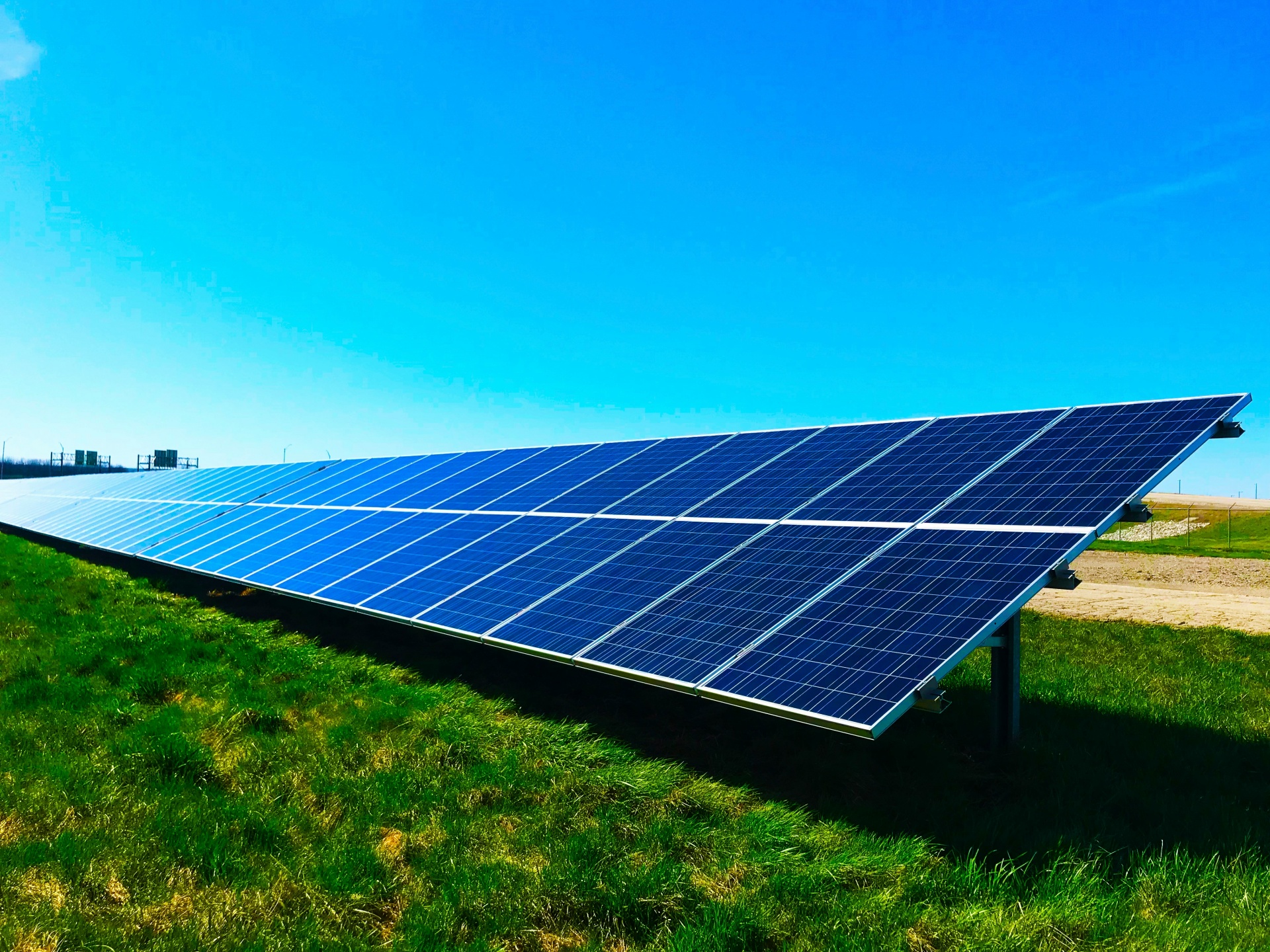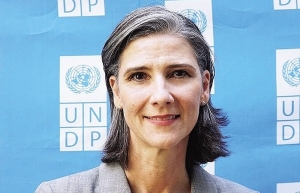MoIT proposes scheme to boost renewable energy procurement
 |
The proposed Direct Power Purchase Agreement (DDPA) mechanism, outlined in the draft decree, targets organisations and individuals consuming electricity from the 22kV power grid or higher, with a monthly consumption averaging 500,000kWh. However, residential households are excluded from direct procurement.
Two models for direct power purchasing are under consideration by the MoIT: one involving separate power lines and the other utilising the national grid (via EVN).
Under the idea for buyers to procure electricity directly from renewable energy plants through separate power lines, they would face no restrictions on capacity, output, or connection voltage. The terms of purchase contracts and electricity prices would be negotiated by both parties. The only condition is that the power sources must be part of the national electricity development plan and possess relevant provincial licences.
In the case of a DDPA conducted via the national grid, buyers and sellers would negotiate prices through fixed-term contracts. Transactions would be executed through the spot market, operating in accordance with MoIT's regulations on competitive wholesale electricity markets.
The DDPA mechanism has been repeatedly proposed by foreign-invested enterprises, such as Samsung, for Vietnam to pilot, believing that it would positively impact the competitiveness of the energy sector.
In fact, a draft proposal for piloting a DDPA was introduced by the MoIT nearly three years ago, with an initial trial capacity of 1,000MW. At that time, major conglomerates like Samsung expressed interest in participating.
In the same draft proposal, the MoIT stated that following the initial trial phase involving residential consumers engaged in production and renewable energy sources, projects could expand to include hydroelectric and biomass power. Moreover, non-production customers such as commercial entities could also participate in this scheme based on the development of the system and the electricity market in Vietnam.
Customers in industrial zones, economic zones, and export processing zones would be eligible to participate in direct power purchasing after terminating contracts with retail sellers.
A survey conducted by the MoIT at the end of last year revealed that approximately 20 large businesses had expressed interest in direct electricity procurement, with a total demand of nearly 1,000MW.
Additionally, there were 24 renewable energy projects with a capacity of 1,773MW seeking to sell electricity through the DDPA mechanism, and 17 projects with a capacity of 2,836MW considering participation.
 | The keys to a just energy and coal-fired transition The Just Energy Transition Partnership (JETP) is a centrepiece of Vietnam’s commitment to achieve net-zero greenhouse gas emissions by 2050. Agreed between Vietnam and members of the International Partners Group (IPG) in 2022, the JETP aims to support the transition to green energy by providing funding in the form of grants, low-interest loans and investments from both the public and private sectors. |
What the stars mean:
★ Poor ★ ★ Promising ★★★ Good ★★★★ Very good ★★★★★ Exceptional
Related Contents
Latest News
More News
- PM outlines new tasks for healthcare sector (February 25, 2026 | 16:00)
- Ho Chi Minh City launches plan for innovation and digital transformation (February 25, 2026 | 09:00)
- Vietnam sets ambitious dairy growth targets (February 24, 2026 | 18:00)
- Masan Consumer names new deputy CEO to drive foods and beverages growth (February 23, 2026 | 20:52)
- Myriad risks ahead, but ones Vietnam can confront (February 20, 2026 | 15:02)
- Vietnam making the leap into AI and semiconductors (February 20, 2026 | 09:37)
- Funding must be activated for semiconductor success (February 20, 2026 | 09:20)
- Resilience as new benchmark for smarter infrastructure (February 19, 2026 | 20:35)
- A golden time to shine within ASEAN (February 19, 2026 | 20:22)
- Vietnam’s pivotal year for advancing sustainability (February 19, 2026 | 08:44)

 Tag:
Tag:




















 Mobile Version
Mobile Version